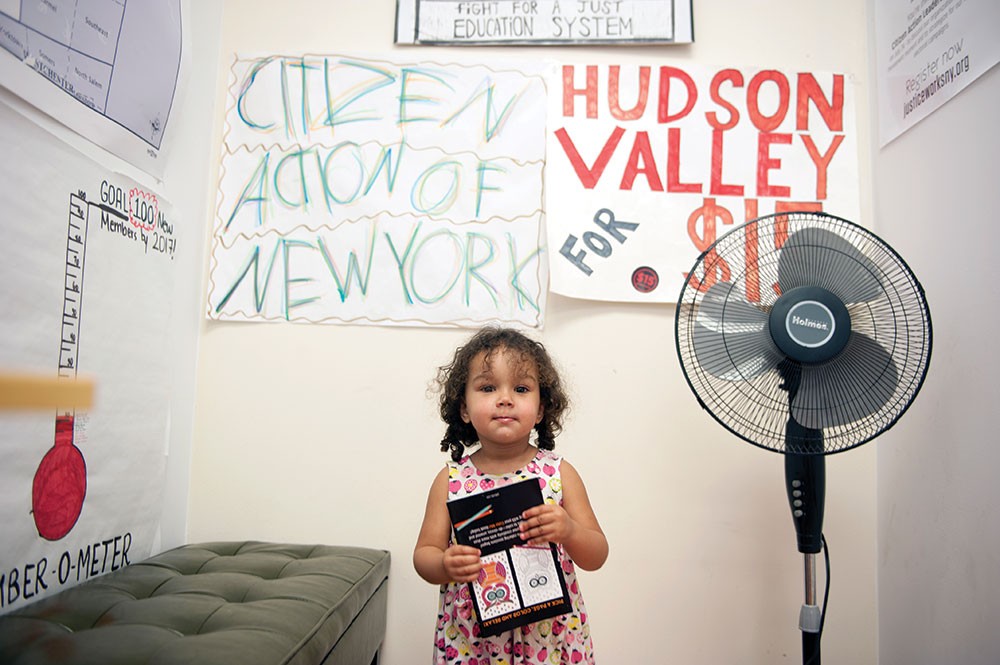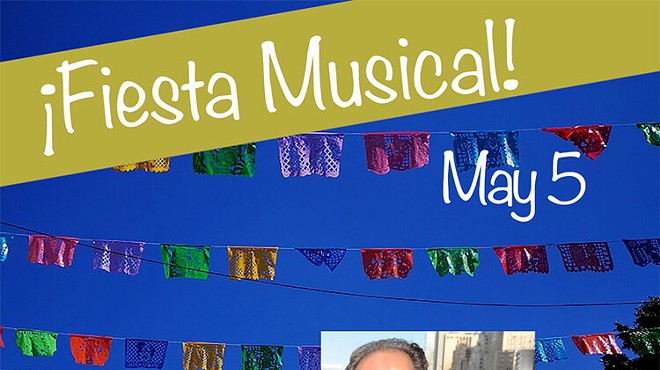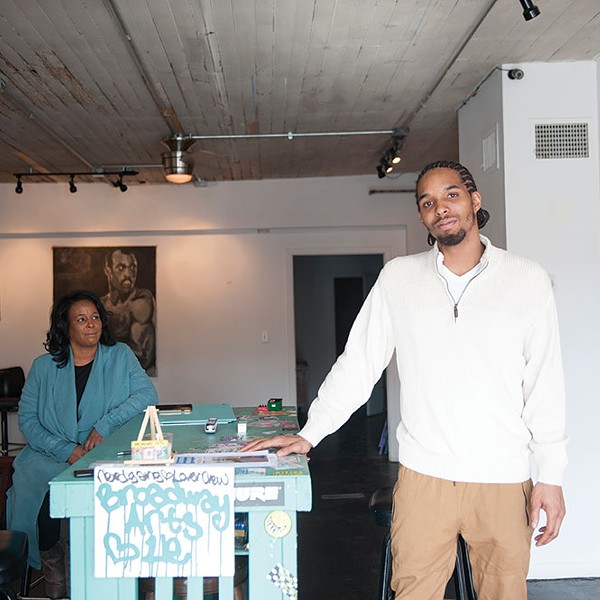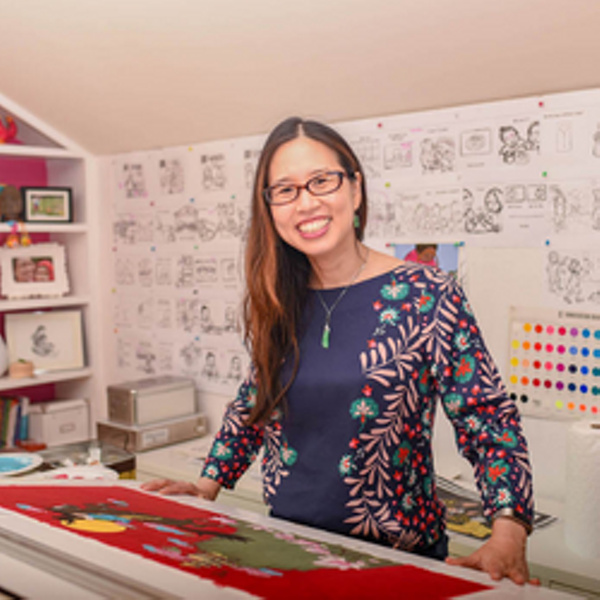"Blackness is the thing that makes people feel threatened." —Callie Jayne

The impromptu group that gathered in Kingston on July 7th near the Citizen Action office was seeking a safe space to express solidarity in honoring Alton Sterling and Philando Castille, two men who had just died at the hands of law enforcement in Louisiana and Minnesota, respectively. People lit candles, sang, and held signs displaying the name, age, date of death, and activity of the people at the time they were killed. Alton Sterling, age 37, 7/5/16, selling CDs outside a supermarket. Tamir Rice, age 12, 11/22/14, playing with a toy gun in a park. At the bottom of each read #BlackLivesMatter.
The hashtag started on Facebook in 2013. After George Zimmerman was acquitted of killing 17-year-old Trayvon Martin in Florida, labor organizer Alicia Garza responded with a love letter to black people. She wrote, "I continue to be surprised at how little black lives matter." Her friend, Patrisse Cullors, a community organizer in Los Angeles, hashtagged it, and it went viral. Together with Brooklyn-based immigration-rights organizer Opal Tometi, Garza and Cullors built a website and took Black Lives Matter to the streets with local chapters and community activism. It's been hailed as a grassroots, digitally connected, next wave of the Civil Rights movement.
There were no set speakers at the vigil in Kingston, so attendees spoke in turn. One suggested they ask what police were doing to protect children of color. And before they knew it, the group was marching down Broadway to the police station. "The Kingston police responded well," says Callie Jayne of Citizen Action, a national membership organization with chapters and affiliates that organize around issues important to local communities. "They escorted us to the police station, one squad car in the front and one in the back." There, vigil participants rallied, sang, and read out all the names on their signs.
Afterward, Time Warner Cable News staff led the story with a reference to the shootings of police officers at a protest in Dallas. Then, "A similar, peaceful protest was held Thursday night, right in Kingston." According to Jayne, that's dog whistle reporting, and it negatively influences public perceptions of black people. "With Alton Sterling, media pulled up a 10-year-old mug shot rather than his Facebook profile pic," Jayne explains. "It portrays black as bad and white as good." Those perceptions are something she struggles with on a daily basis as the mother of two girls.
When Jayne was looking with her husband for an apartment in Accord last March, landlords were eager on the phone to show their rentals. But when Jayne showed up, the first question was, "What's your income?" That's exactly what a 2012 study by the US Department of Housing and Urban Development found. Across 28 cities, blacks were equally able to make appointments to view rental properties (a marked improvement from a similar 1977 study) but, upon arrival, were told about 11.4 percent and shown 4.2 percent fewer housing units than whites with comparable qualifications. Jayne identifies different levels of racism: "Individual and internalized is when someone feels this. Interpersonal is the guy at the office who makes the black joke. Institutional is people using their positions of power to express their individual and interpersonal feelings. It can be one person, but it builds its way up." A landlord's preconceived feelings about black people could affect Jayne's ability to provide a stable life for her children.
"Black folks feel pressure to win people over, in a certain way, in every interaction." —Margaret Kwateng
"Parents are trying to teach their children to be hyper-vigilant and hyper-aware all the time—the way you're standing, the way you approach somebody—with the knowledge and expectation that you're going to be seen as a threat," says Margaret Kwateng, of Nobody Leaves Mid-Hudson, a multi-issue community organization based in Poughkeepsie that connects people with problems rooted in systems of power, and co-founded the Hudson Valley Black Lives Matter Coalition. "Parents are often assumed to be incompetent, uncaring, or ineffective," Kwateng says. "This framing shifts the blame from economic systems that have destroyed all of their surroundings to the parents, who are struggling to put together the pieces." Those microagressions, Kwateng asserts, foster a negative self-image in children: of themselves and their parents.
With black students being suspended or expelled at a rate three times that of white students, parents must take time off from work to liaise with administrators to keep their children in school. "There's an overworked and underpaid population of black workers that have these added stressors in their family lives, which has negative health consequences," Kwateng explains. Studies find that exposure to pervasive discrimination can impact a family's well-being. Gilbert Gee of UCLA and colleagues found that people of color often have a higher rate of illness and lower mortality. In 2011, they wrote, "These systems—including the educational system, criminal justice system, and labor market—have been viewed as fundamental drivers of health inequities."
Nobody Leaves Mid-Hudson began to combat displacement during the housing market crisis, and has transitioned now to utility rates and energy policies. Lower-income families pay more for utilities because of reduced access to energy-saving home improvements, and to debts owed on missed payments and fees associated with electricity shut-offs. In 2015, Paul Kiel and Annie Waldman of the New York Times studied debt-collection lawsuits in three major American cities. "Even accounting for income, the rate of court judgments from these lawsuits was twice as high in mostly black communities as it was in mostly white ones," Kiel wrote. "Many were families who, knocked off their feet by medical bills or job loss or other problems, had simply been unable to recover."
According to Nobody Leaves Mid-Hudson, this disproportionately impacts working class communities of color in Poughkeepsie because of racially discriminatory collections practices. So they developed workshops to look at how the utilities are set up and regulations happen. "It's focused on developing an analysis of the institutions we interact with and the systems around us," Kwateng says. "There's a historical basis for the inequality we see, one that must push us to think beyond individual blame of families. This analysis of the root causes of this crisis is needed to develop solutions that address more than the immediate issues being faced."
"In a city of two square miles, you should know everyone. You should know your neighbor."—Quintin Cross
M&J Unisex Hair Studio in Hudson is not only a place to get a great haircut; it's also a meeting place where locals go to chat about the things affecting their communities. Stemming from these talks, around 2012, people collectively resolved to be more engaged, and brothers Vernon and Quintin Cross and shop owner Juwan Morrison founded the Staley B. Keith Social Justice Center (SBK). Named for the prominent teacher and community leader who held multiple public offices in Hudson, including in the local NAACP chapter, SBK is run also by Alexis Keith, Staley's daughter, who is the Vice-President and Vice-Chairman. "Our motto is help us help ourselves," says Quintin Cross, SBK's Executive Director. "We don't need a hand out. Show us the way; don't do it for us."
Their first cause was to encourage the school board in policies that reduced PINS petitions (Persons in Need of Supervision), which they identified as a main culprit in the school-to-prison pipeline for Hudson's youth. Since then, SBK has worked to successfully support two candidates for City Council, one for the school board, and more for other boards and commissions.
Warren Street, Hudson's main thoroughfare, has seen a great transformation since 2000, but Cross says most people only think of Warren Street when they think of the city. "A block over, there's some serious poverty and socio-economic indicators that affect the city's revitalization goals," explains Cross. "We're not against the development of Warren Street, but our areas have to be developed at the same time." Cross says that it's little often acknowledged that people contributed to the upkeep of the city when no one else wanted to be there. "People of color did have businesses and owned houses and were vital to this community. People of color had churches and civic organizations and were so much a part of the tradition of the city, and that should be acknowledged and recognized." Cross maintains that rising rents and children too quickly placed in foster care or residential treatment centers creates a poverty economy that leaves Hudson's families of color with no way to rise past their circumstances.
An SBK focus is to empower black youth to resist the marginalization of their communities. Tee-quan Davis was one of the first kids in the youth advocacy program. Cross was a family friend and, three years ago, he vouched for Davis when a school fight went to court. "He started mentoring me," Davis says. "I was the youngest person around and learned everything." Davis has joined SBK for marches locally and even traveled to Albany to protest a young person's harsh sentencing. This summer, Davis again participated in the Social Justice Leadership Academy, which SBK runs in partnership with Kite's Nest, a learning resource center in Hudson. "We teach kids how to be leaders and how to be themselves," Davis says. "Everything we learn is life lessons: things that you'll need every day. We learn about laws, where you go if you need help." But Davis is quick to say how much fun the SBK and Kite's Nest summer and after school programs are: making music, creating radio and film, photography, and meeting other youth clubs. Now with his Regents diploma, Davis is embarking on a culinary career, inspired by cooking classes with Nicole LoBue from Kite's Nest. "The bond people got here—this is my second family."
What Cross especially likes about SBK's partnership with Kite's Nest is that it's a black-led organization collaborating with an organization run by three white women and operates like family. "They are serving as credible messengers for our organization to the larger white community, and that plays a role in building the trust. It's these ties that folks like Cross feel will help to close the social distance gap. He says, "Let's acknowledge first that racism exists, that the world did not change because Barack Obama became president, and that we need all hands on deck."
















